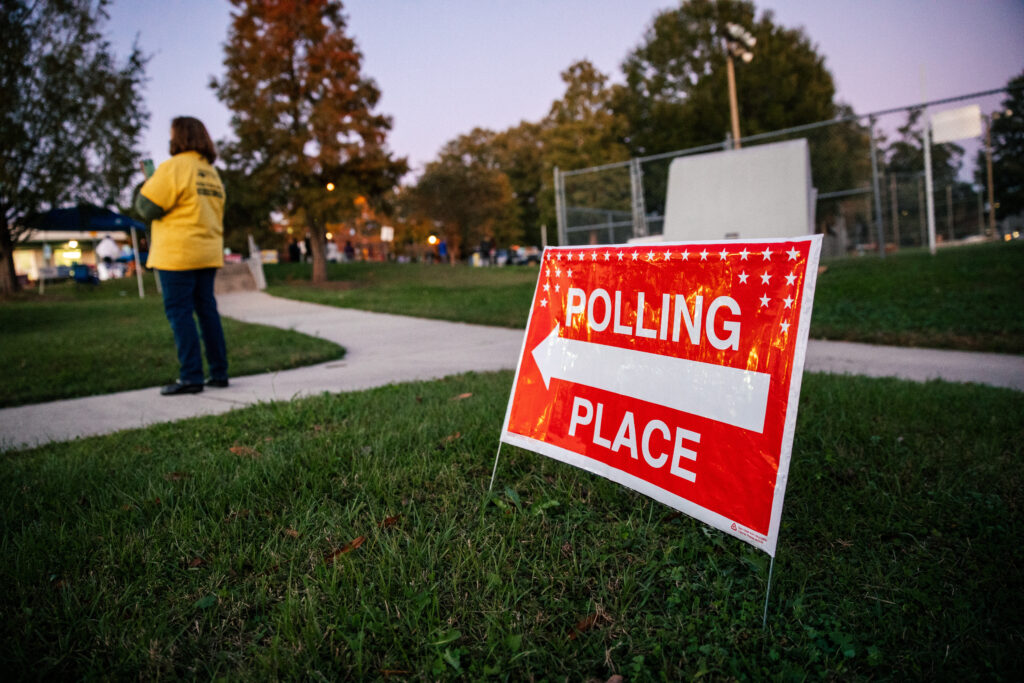North Carolina, RNC Team Up on New Rule Change to Restrict Student Voting

North Carolina election officials on Monday banned a digital form of in-person voter identification for students and employees of the University of North Carolina (UNC) at Chapel Hill.
The move came in an agreement between the North Carolina State Board of Elections (NCSBE) and the Republican National Committee (RNC) to settle an RNC lawsuit challenging the use of digital voter ID.
It’s just the latest move from the board to tighten voting rules, after Republicans took control of the panel in May and replaced a respected nonpartisan election administrator with a GOP operative.
The board, under Democratic control last year, gave permission for students and employees to use their UNC digital ID, known as the UNC mobile One Card. The One Card is not a physical card, but instead exists on a computer system.
The RNC and the North Carolina Republican Party quickly filed a lawsuit arguing the NCSBE acted outside of its authority and defied a state law prohibiting voters from using an image of a photo ID on a mobile device when casting a ballot.
The plaintiffs argued in their complaint that all approved forms of identification must be a “physical, tangible item that can be held in a person’s hands and inspected.”
A trial court denied their request to block the policy, but the North Carolina Court of Appeals halted the use of the digital ID ahead of the 2024 election.
Rather than continue defending its policy, the board reached an agreement with the RNC in which it backed down, asserting that it’s not authorized to allow any form of digital ID as voter ID unless the legislature acts.
The board’s new alignment with the RNC comes as little surprise to those who have been following its transformation this summer.
Appellate courts in North Carolina allowed a new state law to take effect that stripped the Democratic governor of the power to appoint election board members and handed it to the Republican state auditor, despite a lower court finding the law “unconstitutional beyond a reasonable doubt.” Republicans then moved quickly to install a new GOP majority and appoint as executive director Sam Hayes, a top aide to the House Speaker.
After the U.S. Department of Justice (DOJ) sued North Carolina in June, alleging that the state failed to collect information from voters required by the Help America Vote Act (HAVA), the board acquiesced immediately and designed a DOJ-approved plan that could force thousands of voters to cast a provisional ballot.
Hayes has also thrown his support behind an unprecedented North Carolina election bill that could prohibit election officials from encouraging or promoting voter turnout – and potentially violate their freedom of speech rights.